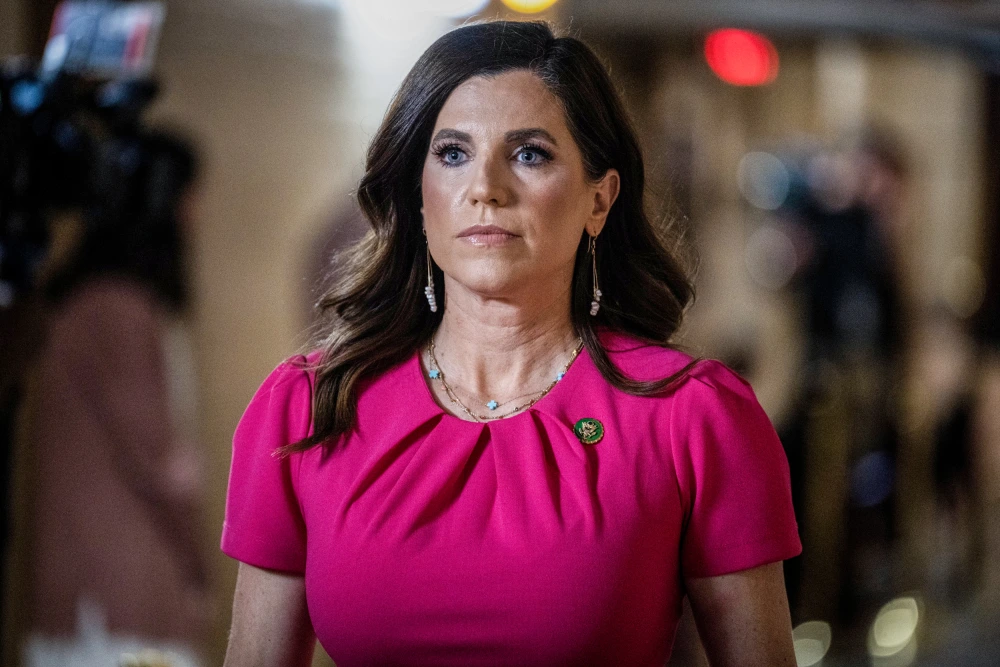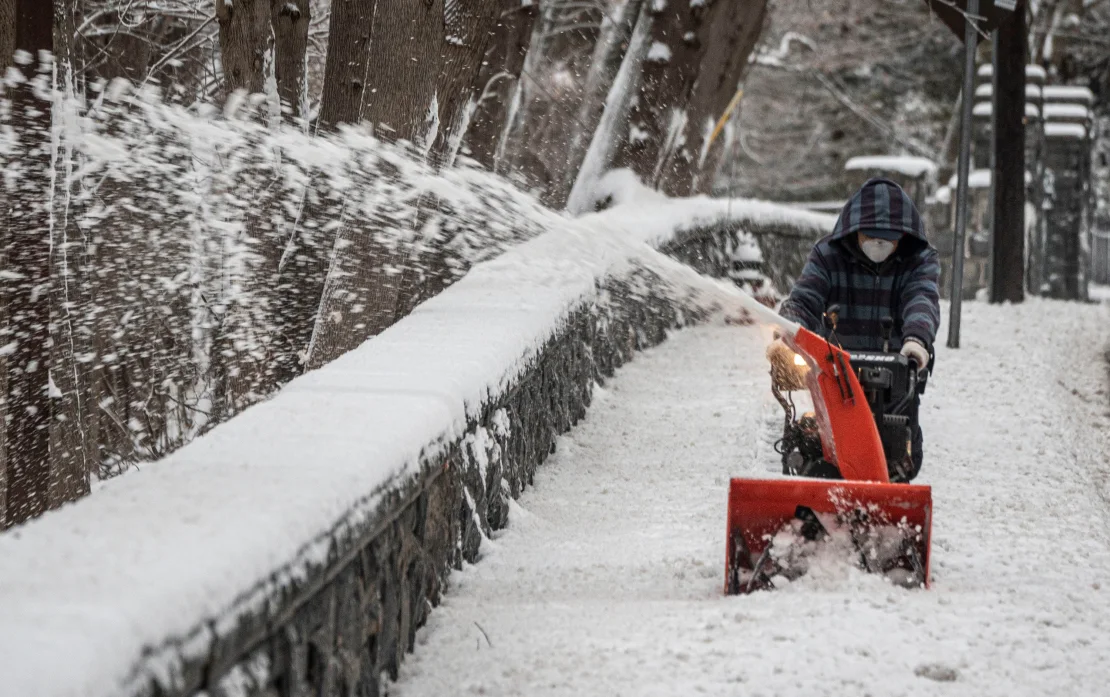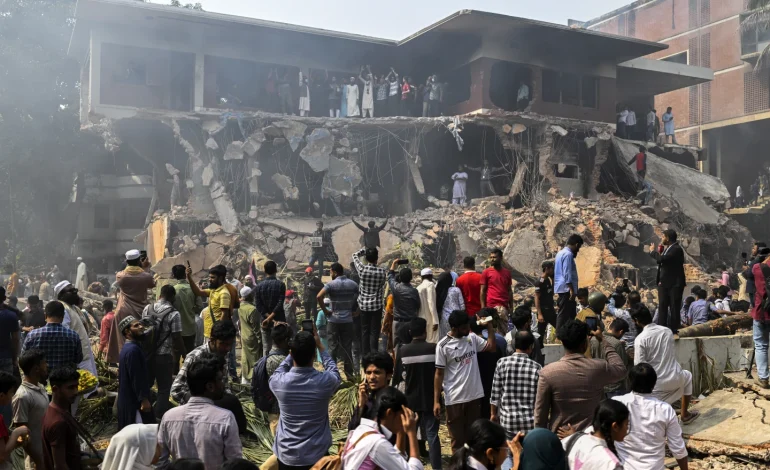Bangladesh’s interim government, led by Nobel Peace laureate Muhammad Yunus, has vowed to crack down on widespread vandalism and arson targeting supporters of ousted former Prime Minister Sheikh Hasina, The Associated Press reports.
The move comes amid growing concern from both a major Bangladeshi opposition party and neighboring India over the escalating violence, particularly attacks on the historic home of Bangladesh’s independence leader, Sheikh Mujibur Rahman, Hasina’s father.
Since Wednesday night, mobs have targeted homes and businesses belonging to Hasina’s Awami League party leaders, former lawmakers, and Cabinet members in a coordinated campaign. Many establishments have been set ablaze, including Rahman’s former residence in Dhaka, a building of immense historical significance as the site where he declared Bangladesh’s independence in 1971.
Hasina fled to India on August 5th following a student-led mass uprising that ended her 15-year rule.
In a brief statement released Friday, Yunus’ Press Wing warned that stern action would be taken against those responsible for the violence.
“The interim government notes with deep concern that some individuals and groups are attempting to vandalize and torch various institutions and establishments across the country. The government will strongly contain such acts,” the statement read.
Later Friday afternoon, Yunus personally called on all citizens “to immediately restore complete law and order and to ensure there will be no further attacks on” properties associated with Hasina’s family and her supporters.
The government’s response came more than 24 hours after the attack on Rahman’s house, which followed a daylong social media campaign by Hasina critics and student leaders. The protesters declared a “bulldozer procession” toward the house, now a museum, and witnesses reported that police stood by as they stormed the building. A military team initially attempted to intervene but subsequently withdrew.
An intelligence official in Dhaka, speaking to the news agency, reported around 70 attacks across Bangladesh since Wednesday. The Daily Star, a leading English-language newspaper, reported violence in at least 20 districts, while Channel 24 TV station in Dhaka reported unrest in at least 35 districts. Among the targets was the village home of a veteran politician from Hasina’s party and former Bangladesh president, Abdul Hamid.
Reports indicate that the protest plans are often declared in advance and aired live on social media and mainstream television stations. Adding to the concerns, rights groups claim that at least 80 Islamic Sufi shrines have been attacked, allegedly by hard-line Islamists. A minority rights group also alleges that the interim government has failed to protect them, a claim denied by authorities who attribute the incidents to “political reasons” and not community issues.
The Bangladesh Nationalist Party (BNP), led by Hasina’s main political rival Khaleda Zia, also weighed in, urging the Yunus-led government to “bring the situation under control.”
India, which played a crucial role in Bangladesh’s independence war in 1971, condemned the demolition of Rahman’s house, calling it a symbol of “heroic resistance” and highlighting its significance in the formation of Bangladesh’s national identity.
Yunus has said that a new election will be held either in December or by June 2026.








